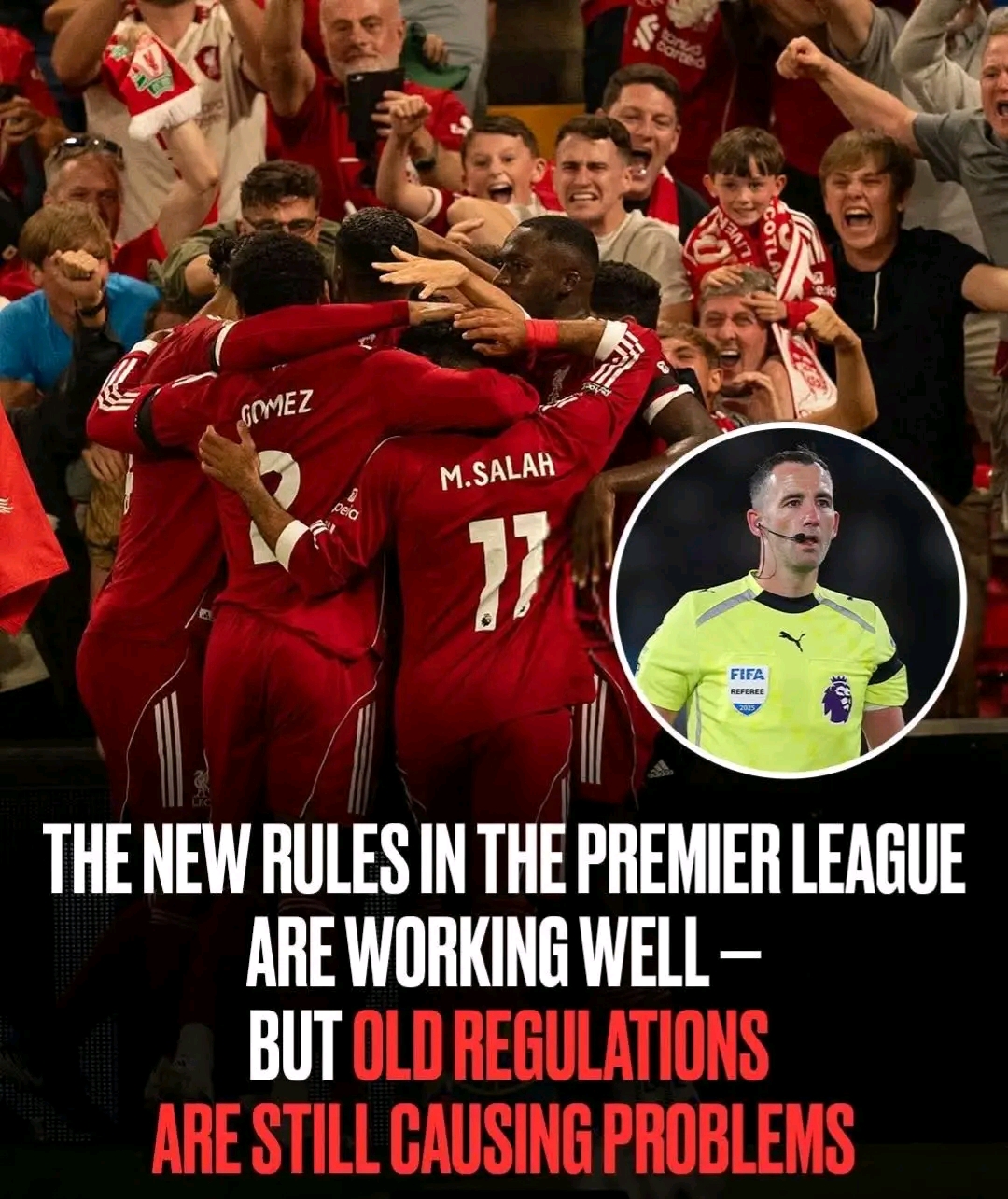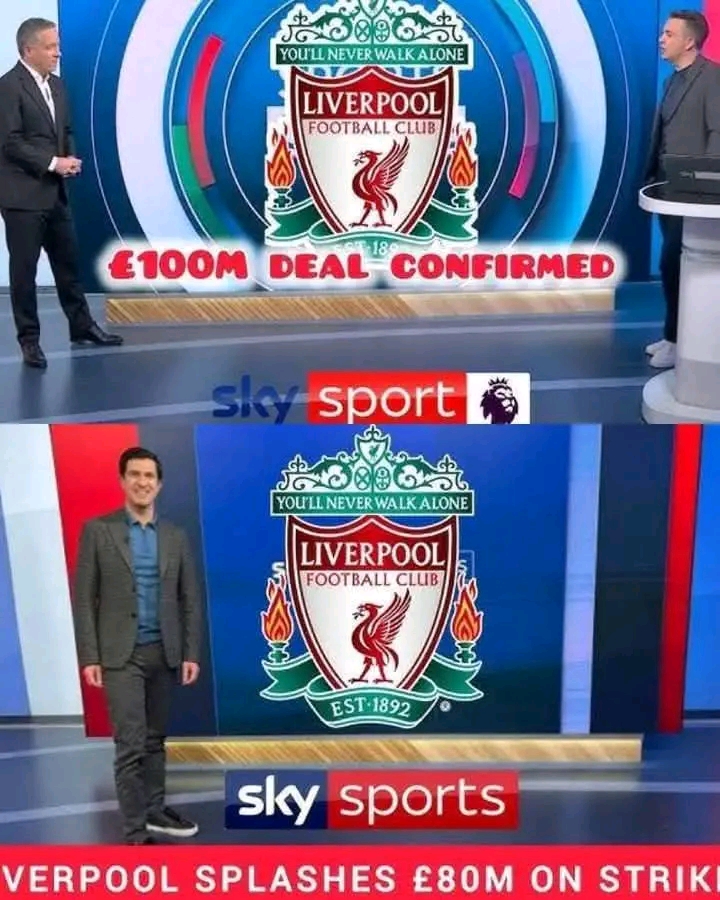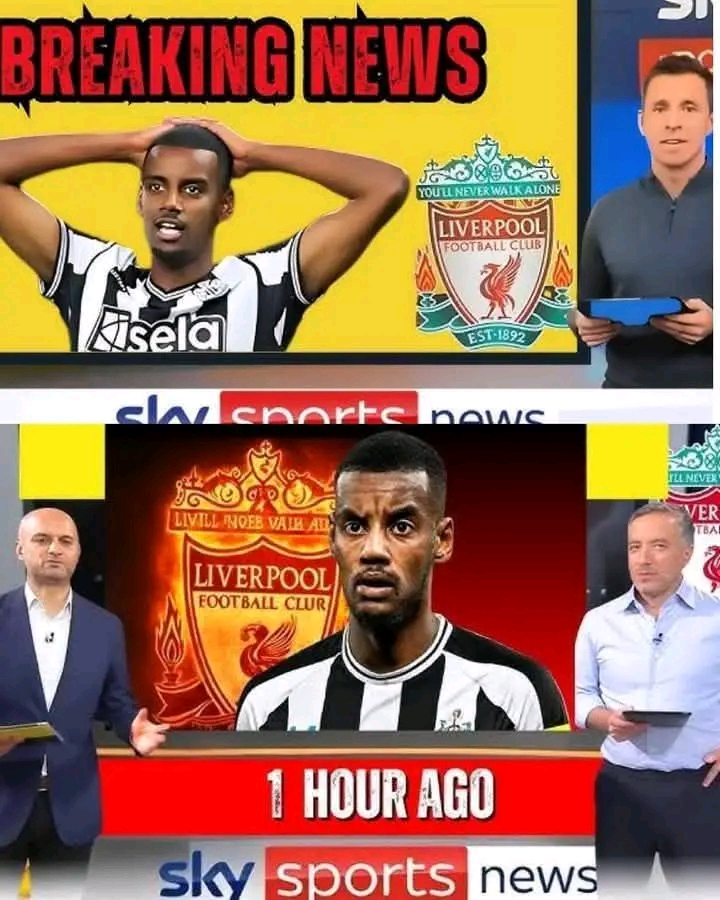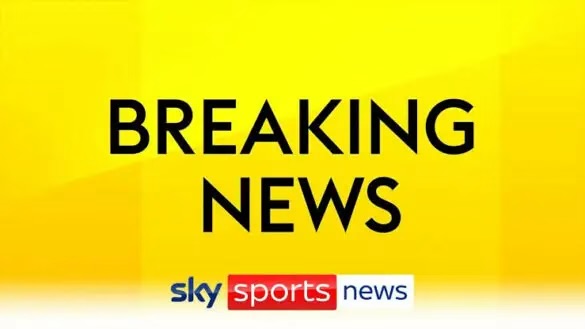The Premier League returned in dramatic fashion, bringing back all the excitement, debates, and controversies that fans expect. While the introduction of new rules has added a refreshing twist to the competition, refereeing decisions remain at the center of attention. Some innovations have been widely praised for improving the flow of the game, but old regulations continue to create confusion and spark heated arguments.
One of the most significant changes this season is the requirement for referees to announce certain decisions after consulting VAR. Initially seen as a small adjustment, the benefit quickly became clear. A key example came in Chelsea’s match against Crystal Palace, when referee clarification explained why a Palace goal was disallowed. Marc Guéhi had broken the one-meter distance rule during a free-kick, something many supporters had forgotten. By explaining the call to the crowd, the referee not only justified the decision but also helped educate fans, preventing what could have turned into another long-running debate.
Another notable change is the introduction of the eight-second rule for goalkeepers. If a keeper delays too long when holding the ball, the opposition is awarded a corner. Burnley’s Martin Dúbravka was the first to be penalized, giving Tottenham an unexpected set-piece. While harsh to some, the rule directly tackles the issue of time-wasting, forcing goalkeepers to speed up play. If consistently enforced, it could lead to a faster, more engaging spectacle.
Despite these improvements, several long-standing issues continue to stir controversy. Bournemouth’s Marcos Senesi sparked outrage when he blatantly handled the ball to stop Hugo Ekitike’s one-on-one chance. Surprisingly, VAR did not intervene, leaving many questioning the reliability of a system designed to eliminate such clear errors. Liverpool still won the game, but the failure to issue a red card raised serious concerns about fairness.
Arsenal’s clash with Manchester United further fueled debate. The Gunners’ only goal came after William Saliba obstructed goalkeeper Altay Bayındır during a corner. Saliba not only blocked him but also grabbed his arms as he tried to clear the ball. Despite this, VAR allowed the goal to stand, dividing opinion between those who demand more protection for goalkeepers and others who insist keepers should be stronger in crowded penalty areas.
Leeds vs. Everton also highlighted the inconsistency of handball rulings. James Tarkowski conceded a penalty after the ball struck his arm, even though it appeared to be in a natural position. The decision clashed with last season’s trend, when very few handball penalties were awarded compared to other leagues. Constant shifts in interpretation — from intent to positioning to distance — only frustrate players, managers, and fans, with even pundits struggling to agree on what should or shouldn’t be penalized.
Ultimately, the first round of fixtures showcased both progress and persistent problems. The new rules promise more transparency and a quicker pace, but the inconsistencies in officiating and the controversial use of VAR continue to undermine trust. As the season unfolds, the Premier League faces the challenge of ensuring that innovation is matched with consistency, allowing the world’s biggest football league to set the standard not only for entertainment but also for fairness.










